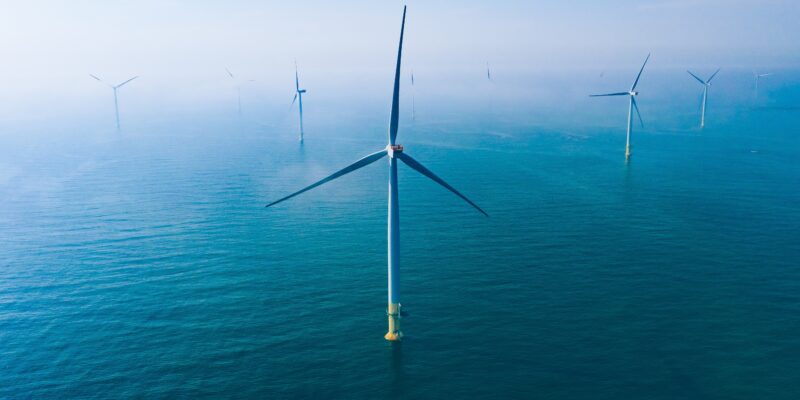Zero-carbon electricity: powering grids with wind and solar
Electricity grids are the backbone of global energy systems and are becoming increasingly important in the effort to limit global…

Negotiations are taking place at COP28 to expand global renewable capacity. Countries across the globe have already shown that a rapid scale-up is possible – over half at least tripled their renewable energy capacity in the past 10 years, and total global capacity tripled between 2014 and 2022. This growth is continuing – 50% more renewable energy capacity is set to be added in 2023 compared to the previous year, totaling over 500 GW.
Since 2020, global investment in clean energy has risen by 40%, overtaking fossil energy. In the first half of 2023, new investment in renewables globally jumped to USD 358 billion – the highest figure ever recorded for a six month period.
This investment has drastically reduced the cost of clean energy technologies. The cost of solar PV, wind, heat pumps and batteries fell by an average of 80% between 2010 and 2022, despite inflation. The deployment of renewables has also enabled significant energy cost-savings globally, estimated at USD 521 billion in 2022 alone.
Consumers are increasingly adopting more sustainable technologies, such as electric cars and heat pumps. Global sales of electric cars have more than tripled in three years, while sales of heat pumps are overtaking gas boiler sales in several European countries and in the US.
This report is the sixth in a series of reports looking at evidence of the pace of growth in the clean energy transition. The report builds on several pieces of research on exponential systems change released by RMI, Systems Change Lab and others this year, which shows that change is happening faster than we think.
“In order to succeed in tripling renewables by 2030, 280 GW each of utility-scale solar, small-scale solar, and wind power must be installed every year. There are enough project-level plans globally to achieve the utility-scale component for the next 6 years. Governments, banks, corporations, and individuals all have a responsibility to double down on bringing these projects to a timely completion and not letting them fall through the cracks.”
Kasandra O’Malia, Project Manager for the Global Solar Power Tracker, Global Energy Monitor
“The transformation we are already witnessing in the real economy, especially in renewable energies, is significant, but not sufficient. It needs to be backed up by concrete shifts on the finance side, as well as initiatives related to food and nature. It’s indeed exciting to see the energy sector evolving, but our mindset must evolve too. Leaving COP28 without an ambitious Global Stocktake is not an option, we need everyone on board rather it must be a collective exercise involving all parties in the process.”
Christiana Figueres, former head of UNFCCC, Co-Founder Global Optimism

Electricity grids are the backbone of global energy systems and are becoming increasingly important in the effort to limit global…

Greenwashing can take various forms, such as false advertising or misleading labelling. This guide shows how to spot greenwashing in…